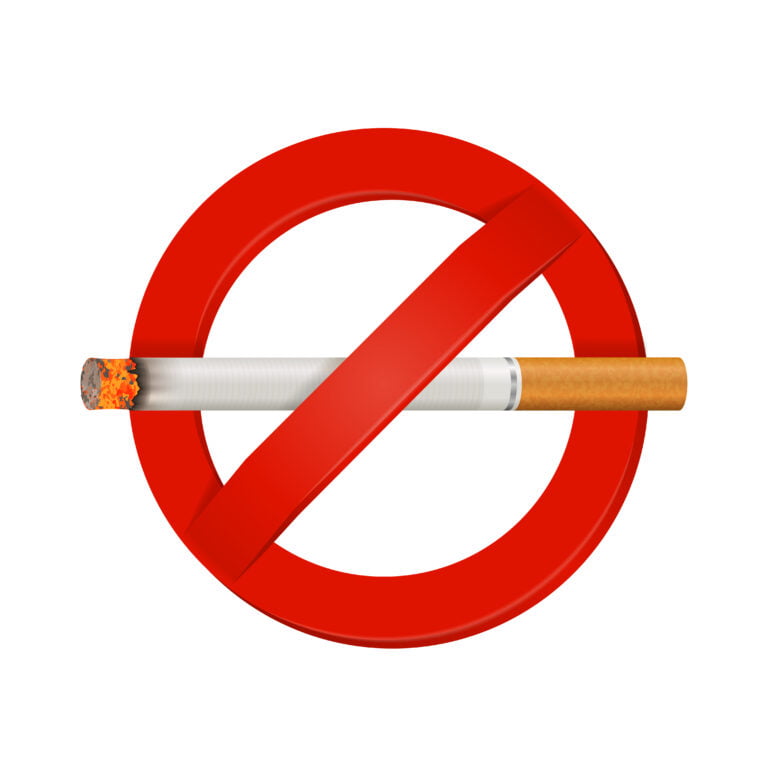Smoking causes early death: Smokers have a 10-year lower life expectancy than nonsmokers. Quit smoking now and add years to your life.

When smokers get medical help, their chances of successfully quitting increase by 84%!
Quitting will help
NRT will help you quit by providing a low level of nicotine, without the other poisonous chemicals present in tobacco smoke. In addition to reducing unpleasant withdrawal symptoms.
Varenicline works in 2 ways; reducing cravings for nicotine and blocking the rewarding effect of smoking.